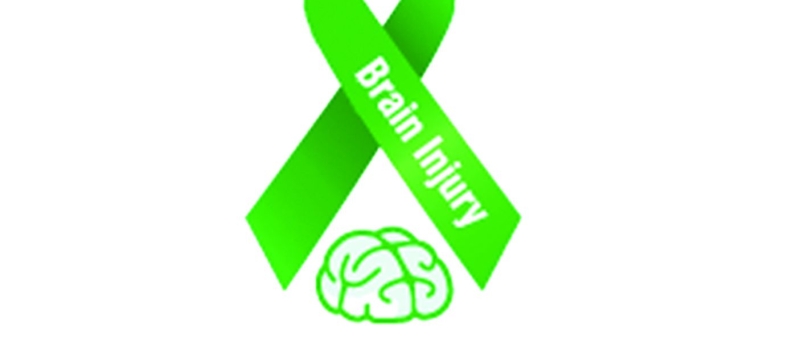Brain Injury Awareness Month
Thursday, March 17, 2022 Amy Wittmeyer

Brain Injury Awareness Month
Our brains are one of our most complex and important organs. They define our personalities, our intelligence, our hopes and dreams…and of course, our ability to function at our most basic levels of walking, talking, eating, etc. Our brains are made up of six primary functional areas, called lobes. Some of the lobes’ responsibilities are:
- Frontal lobes: problem-solving, emotions, personality, concentration
- Temporal lobes: memory, hearing, language reception
- Parietal lobes: sense of touch, depth perception, identification of colors, sizes, and shapes
- Occipital lobes: vision
- Cerebellum: fine motor skills, balance, coordination
- Brain stem: breathing, consciousness, heart rate, sleep/wake cycles
Injuries to the brain, however minor or severe, can cause significant changes in personality, motor abilities, and function. Head injuries can be suffered both at home and in the workplace, suddenly and in the most unexpected ways. From ceiling fans and open cabinet doors at home, to slips and falls in the workplace, to sports and roughhousing outside, our heads are always getting bumped around. One of the worst injuries a brain can suffer is called a Traumatic Brain Injury (TBI).
According to the CDC, there were approximately 166 TBI-related deaths every day in the United States in 2019. Traumatic brain injuries are often suffered as a result of car accidents, falls, assaults, and firearm accidents. Mild TBIs are commonly known as concussions and can resolve in a few weeks with minimal care or long-term effects. Moderate or severe TBIs, however, usually require medical care and can have significant long-term affects on brain health and function. TBIs can cause many complications to daily life, including difficulty concentrating and remembering information, problems with balance and coordination, anxiety, depression, personality changes, and aggression. Because of the potential for long lasting symptoms, and secondary injuries like brain bleeds, is always recommended to see a healthcare provider after a hard hit to your head, no matter how serious you think it may be.
Citations:
Brain Injury Association of America. “Functions of the Brain.” Brain Injury Association of America, 19 Mar. 2021, www.biausa.org/brain-injury/about-brain-injury/basics/function-of-the-brain.
CDC. “Get the Facts About TBI | Concussion | Traumatic Brain Injury | CDC Injury Center.” www.cdc.gov, 12 May 2021, www.cdc.gov/traumaticbraininjury/get_the_facts.html.




